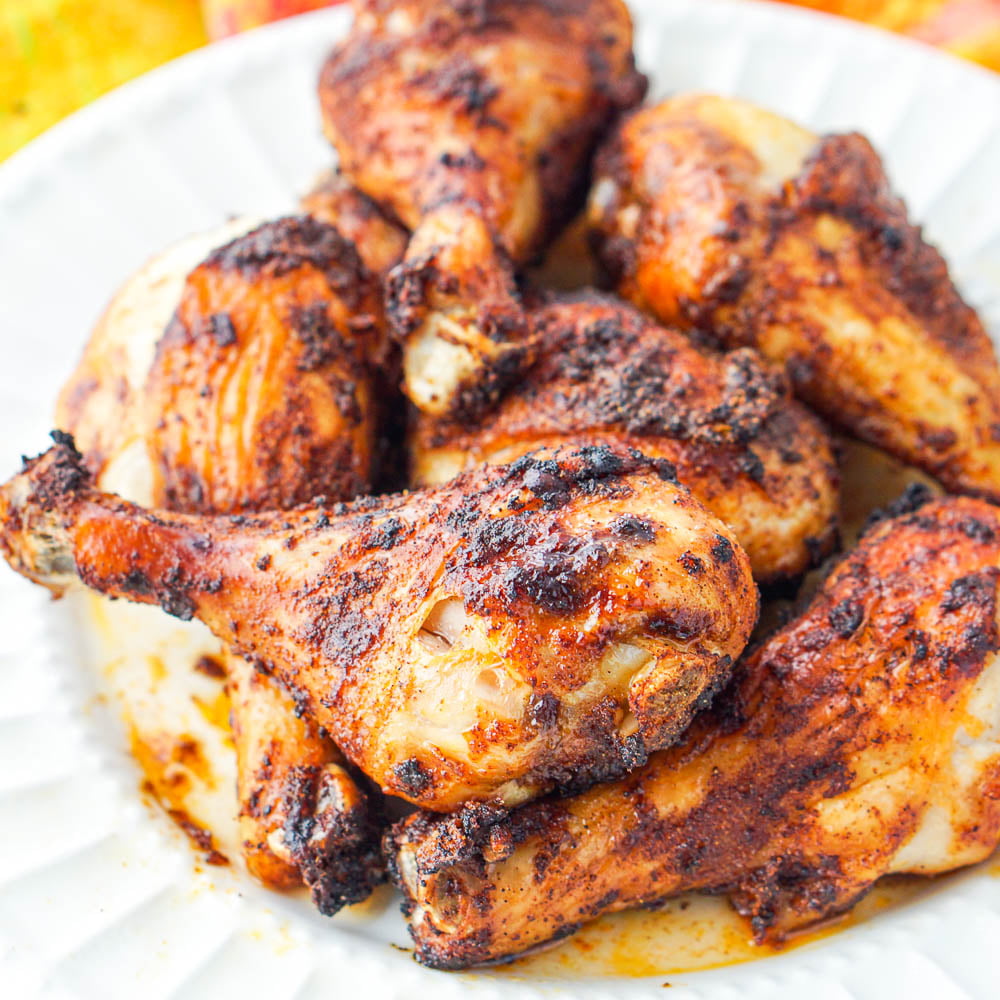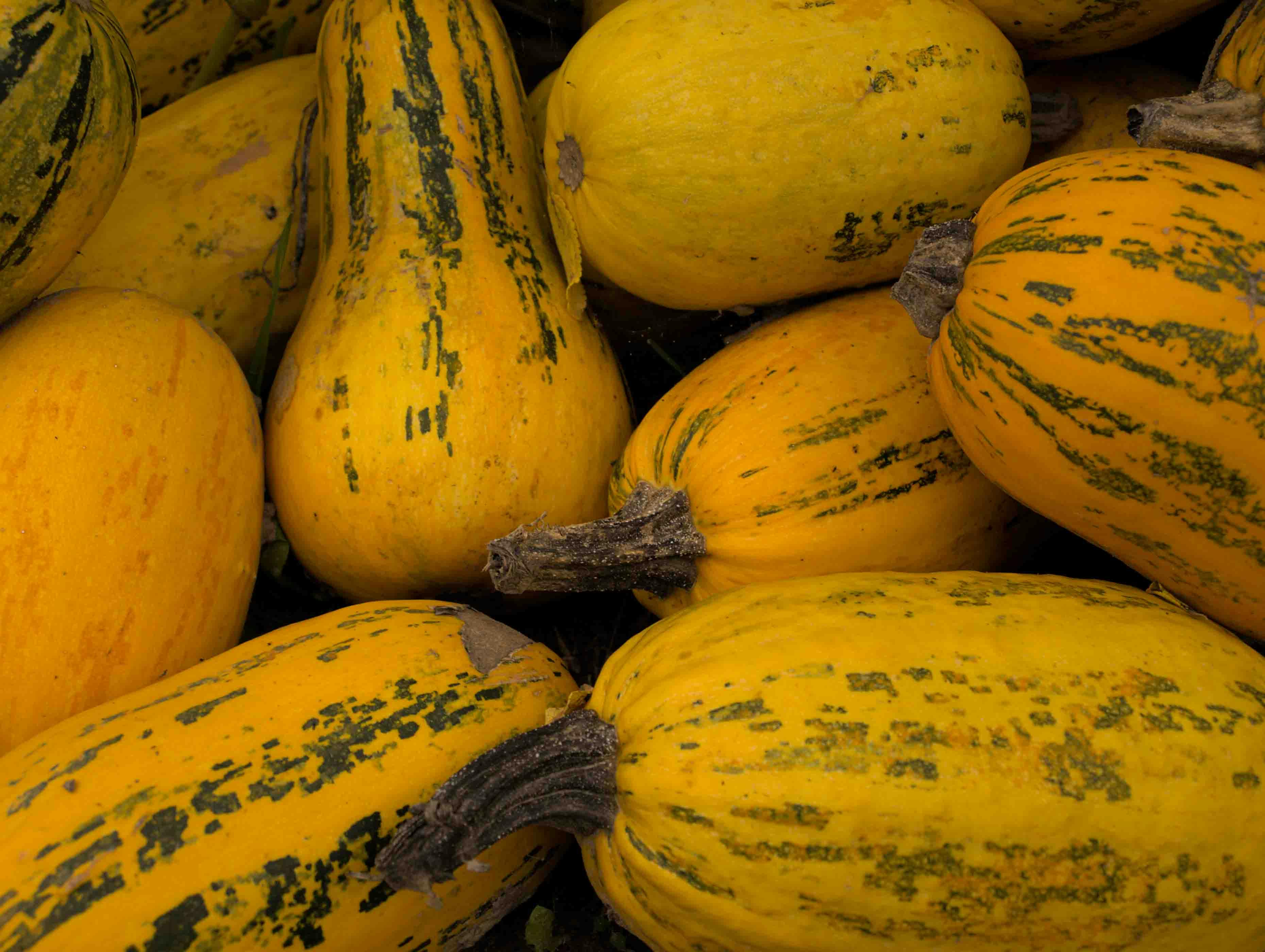Exploring Affectionate Nicknames for Plus-Size Individuals
The conversation around body image has evolved immensely over the years, with a growing sensitivity toward the use of language. This includes how we approach naming individuals with larger bodies. One aspect of this dialogue involves nicknames tailored to celebrate and embrace different body types, specifically larger physiques. Understandably, the use of names can have a profound effect on identity, self-esteem, and community belonging. In this article, we will explore a variety of endearing and humorous nicknames that resonate with plus-size individuals, along with their implications, fostering a more positive narrative around body diversity.
From the playful to the heartwarming, affectionate names for larger bodies can forge connections, evoke smiles, and promote a sense of belonging. We’ll also delve into the cultural implications and humor surrounding heavyweight terms, highlighting the power of words in shaping perceptions. Let’s embark on this journey of exploring the rich tapestry of nicknames for the larger body type and their significance in fostering community.
Whether you're looking for quirky pet names, humorous descriptors for characters, or even friendship nicknames, this exploration will provide a comprehensive understanding of how a name can reflect love, positivity, and respect for the nuances of body diversity. Key takeaways include the importance of body-positive language and the need to embrace kindness in naming conventions.
Charming Nicknames for Heavyset Individuals
Building on the need for body-positive representations, let's look at some charming nicknames that resonate with hefty individuals. Names play a crucial role in identity, shaping how people perceive themselves and how they are perceived by others. By using affectionate terms, we can foster a loving environment that empowers those who may feel marginalized by their size.
Popular Pet Names for Plus-Size Individuals
Pet names have a unique charm that can convey warmth and affection. For instance, names like “Fluffy,” “Teddy,” or “Cuddles” carry a soft and inviting connotation. These monikers are not only adorable but speak volumes about kindness and acceptance. It's important to choose names that uplift rather than offend, ensuring they reflect love and camaraderie.
Every tight-knit group might develop its own unique set of affectionate names, often based on inside jokes or shared experiences. Therefore, terms like “Chubster” or “Big Bear” might be endearing in specific circles, creating a sense of belonging among friends or family.
Unique and Funny Names for Larger Bodies
Humor has the power to transcend discomfort, offering a light-hearted approach to heavy topics. Unique fat names can add a playful element to the discussion while maintaining respect. Names like “Jumbo,” “Giggles,” or “Pudding Pop” can evoke laughter, indicating an acceptance of one’s size in a fun way.
Cultural references also play a significant role. For instance, pop culture figures or beloved characters often inspire affectionate nicknames. Utilizing these references—like “Hagrid” from Harry Potter or “Babe Ruth”—gives a fun twist to personal identities, making them relatable and culturally relevant.
Culturally Relevant Terms of Endearment
In various cultures, there are specific terms that celebrate body size in a positive light. For instance, “Mammy” in some cultures refers to a larger woman with nurturing qualities. Similarly, “Big Mama” can carry both an affectionate and respected connotation, highlighting the strength that often comes with size.
Adopting culturally relevant names can help bridge gaps in understanding and acceptance, allowing individuals to embrace their bodies while connecting with their heritage and community. The inclusion of such terms can promote a sense of identity and belonging in diverse cultural settings.
Body-Positive Names That Embrace Diversity
Moving beyond playful names, it’s crucial to embrace the broader implications of body-positive language. Names can embody respect and foster positive identity in every individual, regardless of their size. As we explore sensitive topics relating to weight and identity, it’s essential to move towards inclusive terminology that diminishes name-based discrimination.
Encouraging Positive Body Image Through Nicknames
Names that promote body positivity are vital in combating societal expectations around beauty and body size. Instead of derogatory names, suggesting terms such as “Hearty,” “Ample,” or “Full-Bodied” allows room for celebration in diversity. Such positive language helps in reducing stigma and tapping into the emotional connection individuals have to their names and identities.
By focusing on constructing a name that resonates with strength and beauty, it promotes a healthier relationship with one’s self-image. Discussions in supportive communities can aid this shift, helping individuals connect with others who appreciate diverse representations of beauty.
Psychology Behind Naming and Weight Perceptions
The role of humor and affection in naming overweight individuals cannot be understated. Studies have shown that names can significantly influence how individuals perceive themselves and how others perceive them. Light-hearted terms can serve as a buffer against societal pressures, framing identity in a more loving and empathetic manner.
Utilizing playful names can help foster self-acceptance and challenge stereotypes, bolstering emotional wellbeing among heavier individuals. Recognition of this dynamic can encourage people to choose their words with care, ensuring that nicknames reflect kindness and empower rather than diminish.
Creative Nicknames from Popular Culture
Cultural lenticular views on body size have led to the emergence of various iconic fat characters within media. Their names can serve as both affectionate recognitions and empowering representations of larger bodies. By embracing these cultural icons, individuals can adopt names that resonate with humor, charm, and the merit of shared experiences.
Iconic Fat Characters and Their Significance
Characters like “Uncle Buck” or “Fat Amy” have transformed the narrative around larger bodies in film and literature. They not only add humor but also offer relatable experiences, contributing to the portrayal of hefty individuals in a light that highlights their personality and charm rather than their size. Their names become emblematic of joy and camaraderie, reinforcing the idea that size does not define one's character.
Referencing such characters within naming conventions allows for a more dynamic conversation about body image. By discussing the traits and affable qualities these characters exhibit, it cultivates a richer understanding of how names contribute to personality and identity.
The Role of Humor in Society’s Perception of Fatness
Humor has long been a transformative tool in societal perceptions of fatness. The ability to laugh about one’s size can reduce stress and foster bonds between individuals. Using happy, humorous nicknames can create an environment where individuals feel accepted and appreciated, transforming stigmas into sources of joy.
As society shifts toward a more inclusive view on body size, humorous names can play a pivotal role in emotional resilience, supporting individuals in embracing their identities with love and positivity, reinforcing the idea that everyone has inherent value regardless of their physical appearance.
Common Questions about Naming and Body Positivity
1. How can nicknames promote body positivity?
Nicknames can promote body positivity by fostering a sense of acceptance and love among individuals with larger bodies. Positive descriptors encourage community support and validate identity, enabling individuals to embrace their size without feeling ashamed.
2. What should be avoided when choosing nicknames for heavier individuals?
It’s important to avoid derogatory or negative connotations associated with body sizes. Terms that imply weakness or make individuals feel belittled should be completely avoided. Instead, choosing names that highlight the beauty and strength in larger bodies is essential for promoting kindness.
3. How do cultural references impact the appropriateness of fat names?
Cultural references can either empower or disempower individuals based on the context they provide. Names inspired by beloved figures or character traits that individuals identify with can foster positive reinforcement, while cultural insensitivity can reinforce negative stereotypes. Always approach with an understanding of the cultural implications behind certain terms.
4. Are there supportive communities for individuals struggling with body image?
Yes! Many online forums and groups focus on promoting body positivity and acceptance. Engaging with these communities can provide individuals with affirmation and find shared experiences, bolstering confidence and helping with self-acceptance through supportive language.
5. What role does humor play in discussing body sizes?
Humor plays a significant role in combating societal pressures and providing an atmosphere where acceptance and love prevail. Light-hearted discussions around body size can lead to deeper connections and a reduction of stigma, allowing individuals to celebrate their bodies positively and confidently.


